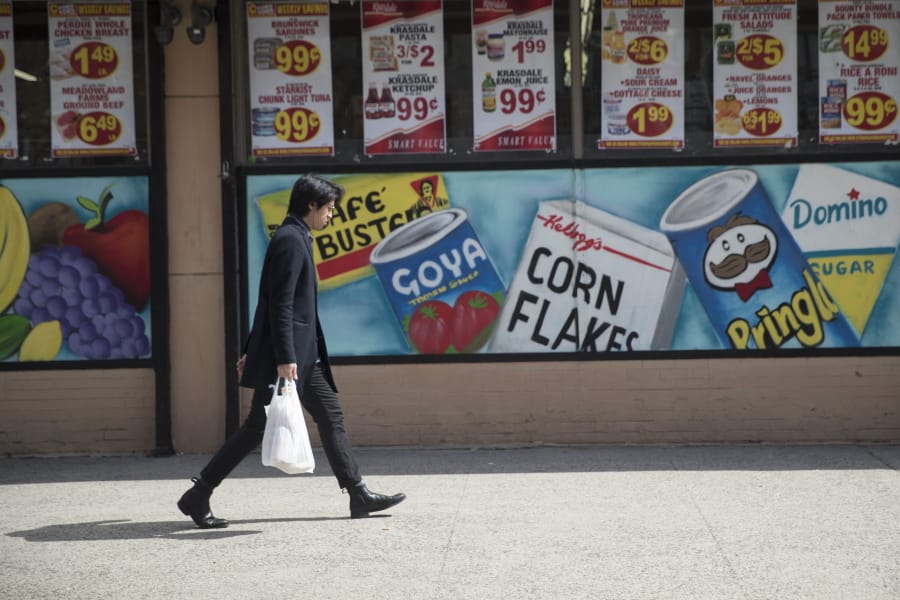NEW YORK — Small business owners have plenty of changes to deal with as 2020 begins — higher labor costs for many companies, and some owners will discover that they have to comply with new laws that aren’t on the books in their own states.
As of Jan. 1, there are higher minimum wages in a quarter of the states, and new federal overtime rules. The IRS has new W-4 forms owners will need to get used to. Plastic bags are on their way out at stores and other businesses in a growing number of places around the country. And California has new laws on freelancers and consumer privacy that can affect out-of-state companies.
A look at a handful of the 2020 changes in federal, state and local laws and regulations:
MINIMUM WAGES GO UP
The minimum wage is higher in 13 states as of Jan. 1, including New York, where the minimum rose Dec. 31. The increases in California, Illinois, Maryland, Massachusetts, New Jersey, Washington and New York are steps toward an eventual $15 minimum approved by state legislatures.
Increases are planned later in the year in states including Connecticut, New York, Oregon and Washington, D.C., and some counties and cities are raising their minimums as well.
While many businesses pay hourly workers above the minimum, when there’s an increase in the wage, many owners give all their staffers a raise to stay competitive amid a tight market.
NEW W-4 FORMS
The IRS has issued new W-4 forms for 2020, changing the way tax is withheld from employees’ pay. The new forms reflect changes required by the tax law that went into effect in late 2017; they do away with the allowances long used to calculate how much money should be withheld from paychecks. Instead, the new forms use information that can be found on employees’ tax returns.
Current employees don’t need to fill out new W-4 forms, but new staffers or employees who want to change their withholding do need to complete them. The IRS has created a calculator to help small businesses compute withholding for the new forms if they don’t use automated payroll software or providers. It can be found on the IRS website, www.irs.gov. Search “new Form W-4.”
PLASTIC BAG BANS
A growing number of states, counties and cities have passed legislation prohibiting or restricting retailers and other businesses from giving customers single-use plastic bags. Oregon’s ban went into effect Jan. 1, and Maine, New York state and Vermont have similar prohibitions going into effect later in the year.
There are variations among the laws and some exceptions — in New York, for example, pharmacies are exempt if the purchase is for a prescription drug, and restaurants can give diners bags for takeout food.
While the laws have been passed out of environmental concerns, small retailers might see a benefit from not having to buy and supply plastic bags.
CALIFORNIA CHANGE
A new California law gives consumers more control over the personal information companies collect and share with other businesses. While the law aims to exempt very small companies, those that do business with California residents can find themselves required to comply.
Under the law, companies must be able to tell consumers what information they have and what they do with it. Consumers must have the option to have their info deleted from companies’ computer systems. Businesses that handle information collected by others — for example, payment processors — can also find themselves subject to the law.
Companies are subject to the law if they have worldwide revenue above $25 million, collect or receive the personal info of 50,000 or more California consumers, households or electronic devices; or those who get at least half their revenue from selling personal info.



